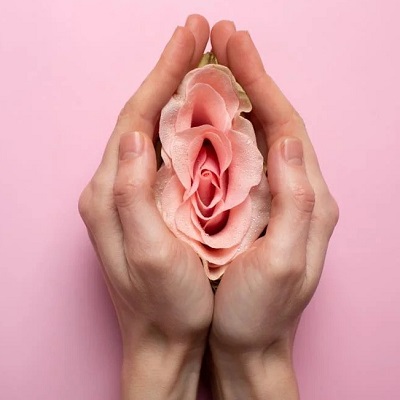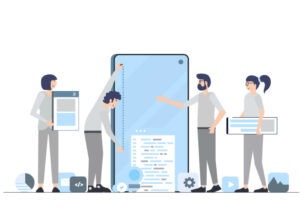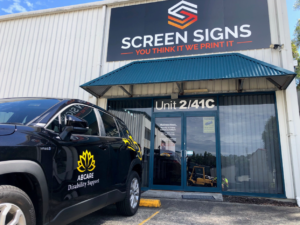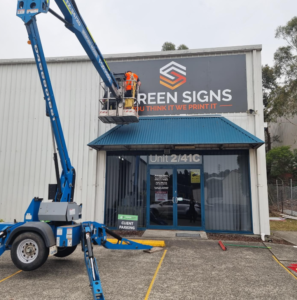Understanding Breast Pain: When to See a Doctor?
Breast pain is a common concern among women, often causing distress and worry. However, not all breast pain is related to serious conditions like breast cancer.
In this blog, we’ll delve into the causes of it, effective relief tips, and when it’s time to consult a doctor.
If you’re in Noida and are seeking expert advice or diagnosis, Dr. Kanuj Malik, a renowned Breast cancer specialist in Noida, can provide the guidance and care you need.
Common Causes of Breast Pain
It is also known as mastalgia, can occur for various reasons, ranging from hormonal fluctuations to infections.
It’s essential to understand these causes to determine the best course of action and avoid unnecessary panic.
- Hormonal Changes Hormonal fluctuations are one of the leading causes of it, particularly during menstruation. The hormonal changes that occur in the body during the menstrual cycle can cause the breasts to swell and become tender.
This type of pain is often cyclical, beginning a few days before your period and subsiding afterward.
Hormonal changes associated with pregnancy, menopause, and the use of birth control pills can also trigger breast discomfort.
- Fibrocystic Breasts Fibrocystic breast changes are benign (non-cancerous) changes in the breast tissue. This condition causes the breast tissue to feel lumpy or uneven and can cause tenderness or pain, especially before a menstrual period.
The discomfort is usually dull or heavy, and while fibrocystic breasts are not a sign of cancer, it is still essential to monitor the changes and consult a healthcare professional for regular check-ups.
- Infections or Inflammation Mastitis, an infection of the breast tissue, is common among breastfeeding women. It can cause redness, swelling, pain, and warmth in one breast.
In some cases, breast abscesses (pockets of pus) can form. Infection-related pain typically requires medical treatment, including antibiotics.
- Breast Trauma Any injury to the breast, whether it’s a fall, accident, or even a bump, can result in localized pain.
While trauma-induced pain typically subsides once the injury heals, it’s important to monitor the area for any unusual lumps or changes in the breast that may indicate more serious concerns.
When to Seek Medical Advice?
Though breast pain is often harmless, there are instances when it’s important to consult a doctor.
If the pain is persistent, severe, or accompanied by other symptoms, it may signal an underlying issue that requires medical evaluation.
1. Pain Accompanied by a Lump: If you notice a lump or change in the breast along with persistent pain, it is crucial to schedule an appointment with a breast cancer specialist.
Dr. Kanuj Malik, a breast cancer specialist in Noida, is a highly experienced surgical oncologist who can evaluate whether the lump is benign or potentially malignant.
2. Unexplained, Persistent Pain: Pain that does not seem to be linked to your menstrual cycle or any apparent cause (like an injury or infection) should not be ignored.
In some cases, persistent pain may be a symptom of early breast cancer, although this is not common.
3. Pain with Nipple Discharge: If you experience unusual nipple discharge, especially if it’s bloody or clear and not related to breastfeeding, it’s important to consult a doctor.
Nipple discharge, combined with pain, may indicate an issue with the milk ducts, infections, or, in rare cases, breast cancer.
4. Pain After Menopause: If you are postmenopausal and begin to experience new or sudden breast pain, it’s worth getting checked by a healthcare professional.
Postmenopausal breast pain, though not always related to cancer, can sometimes be a red flag for changes in breast tissue.
Relief Tips for Breast Pain
While some types of breast pain may require medical treatment, there are several strategies to alleviate discomfort at home:
- Use Warm or Cold Compresses: Applying a warm compress or cold pack to the affected area can provide temporary relief from pain. A warm compress can help relax tight muscles, while a cold compress may reduce inflammation caused by an infection or injury.
- Over-the-Counter Pain Relief: Non-prescription pain relievers like ibuprofen or acetaminophen can help reduce it, especially if it is due to hormonal fluctuations or muscle strain.
- Manage Stress: Stress can exacerbate breast pain, so practicing relaxation techniques like yoga, deep breathing, or meditation can be beneficial in managing discomfort.
- Reduce Caffeine Intake: Some studies suggest that reducing caffeine intake may help alleviate breast pain, particularly in women with fibrocystic breasts. However, more research is needed in this area.
Conclusion
While it is typically benign, it’s crucial to pay attention to any changes in your body and seek medical advice when necessary.
If you’re in Noida and experiencing persistent breast pain, or if you’re concerned about other breast-related symptoms, Dr. Kanuj Malik, a breast cancer specialist in Noida, offers expert guidance and care.
With over 14 years of experience as a surgical oncologist, Dr. Kanuj Malik is equipped to diagnose, treat, and provide the support you need to address any breast health concerns.
Don’t hesitate to reach out for a consultation if you have any doubts or concerns regarding your breast health
Qure Clinic
Address – Shop No 143 1st floor, Cleo Street, near CLEO COUNTY, Sector 121, Noida, Uttar Pradesh, 201301
Email – kanujmalik03@rediff.com
Phone – +91 9315430568
Monday To Saturday – 9:00AM–9:00PM
Sunday closed
Google Map Location Listing – https://g.co/kgs/BfrTkmW














Post Comment